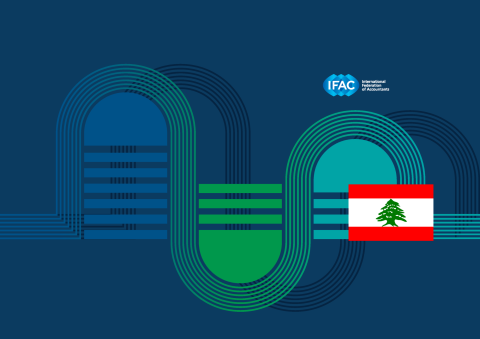IAASB Requests Feedback on Proposed Narrow-Scope Amendments Related to Working with Experts
The International Auditing and Assurance Standards Board (IAASB) has opened a public consultation on narrow-scope amendments to its standards to maintain interoperability between IAASB standards and the International Ethics Standards Board for Accountants’ International Code of Ethics for Professional Accountants (including International Independence Standards) (IESBA Code). These proposed amendments address recent revisions to the IESBA Code related to using the work of an external expert.
The targeted amendments focus on the following IAASB standards:
- ISA 620, Using the Work of an Auditor’s Expert
- ISRE 2400 (Revised), Engagements to Review Historical Financial Statements
- ISAE 3000 (Revised), Assurance Engagements Other than Audits or Reviews of Historical Financial Information
- ISRS 4400 (Revised), Agreed-upon Procedures Engagements
How to Comment
The IAASB invites all stakeholders to comment using the digital Response Template, which is available on the IAASB website. Feedback is requested by July 24, 2025.
About the IAASB
The International Auditing and Assurance Standards Board develops auditing, assurance, related services, and quality management standards and guidance in the public interest that support consistent performance of quality engagements. Along with the International Ethics Standards Board for Accountants, the IAASB is part of the International Foundation for Ethics and Audit. The Public Interest Oversight Board oversees IAASB and IESBA activities and the public interest responsiveness of the standards. For copyright, trademark, and permissions information, please visit Permissions.

